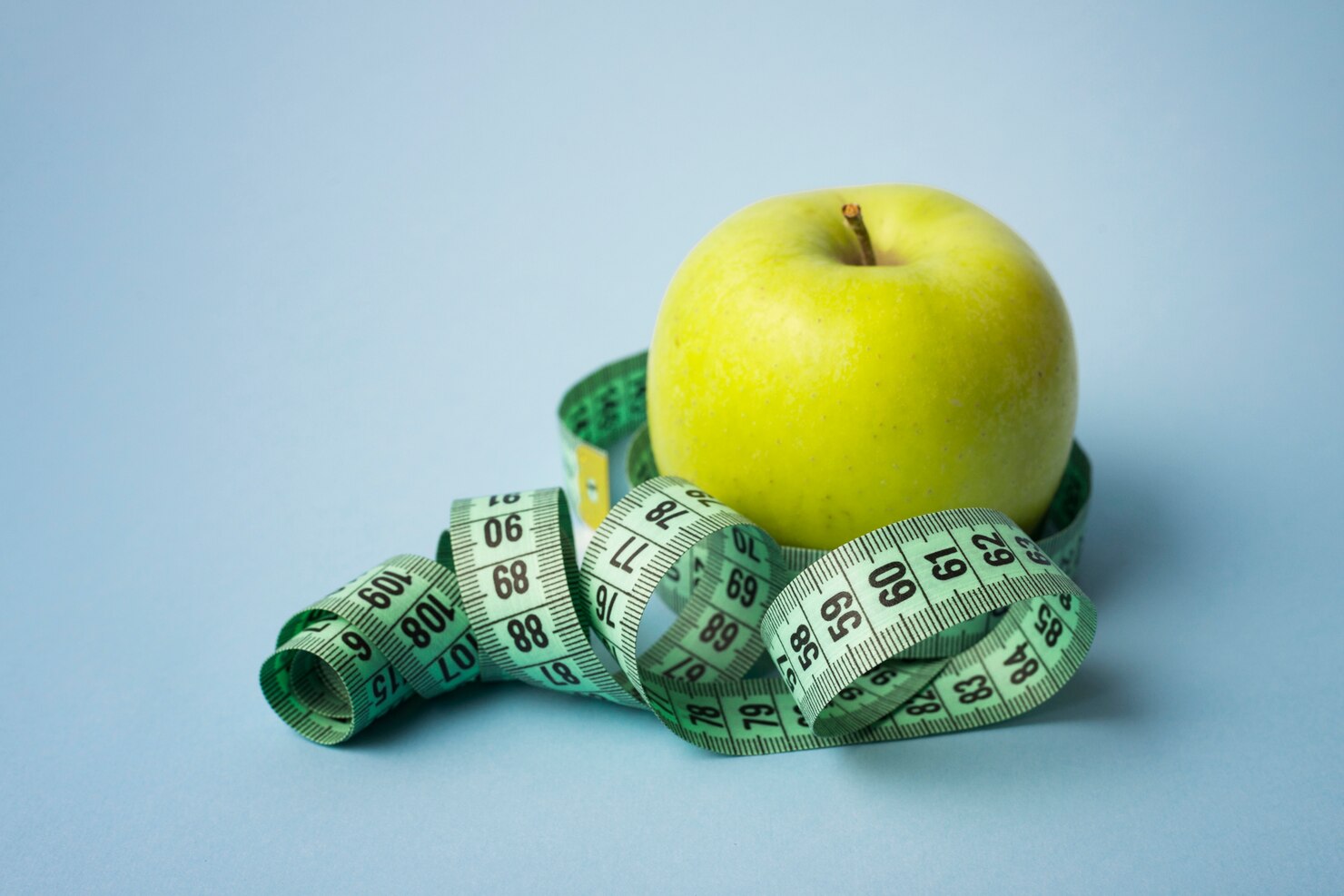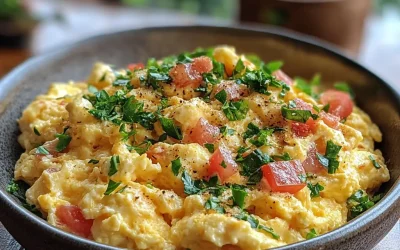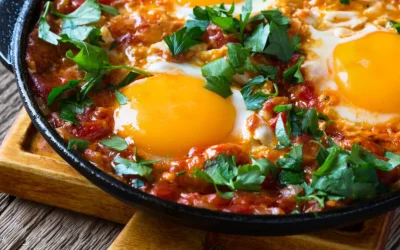Embarking on a Ramadan weight loss journey to shed 10kg requires careful planning and commitment. By adopting a structured diet plan tailored to your calorie needs and fasting schedule, you can achieve your weight loss goals while honoring the spiritual significance of the month.
Table of Contents
ToggleRamadan weight loss diet plan to Lose 10kg
Ramadan is a sacred month observed by Muslims worldwide, marked by fasting from dawn to sunset. While fasting offers spiritual benefits, it can also present challenges, especially when it comes to maintaining a healthy diet and managing weight. With careful planning and mindful eating, Ramadan can be an opportunity to adopt healthier habits and achieve weight loss goals. In this guide, we’ll outline a detailed Ramadan weight loss diet plan, including food options with their respective calorie counts, step-by-step instructions, and a specific 1500-calorie diet plan for effective weight management.
Step 1: Understanding the Basics
Before diving into the diet plan, it’s essential to understand the fundamental principles of a healthy Ramadan diet. Fasting during Ramadan involves abstaining from food and drink from dawn (Suhoor) until sunset (Iftar). Suhoor is the pre-dawn meal before fasting begins, and Iftar is the meal to break the fast after sunset. During non-fasting hours, it’s crucial to hydrate adequately and consume balanced meals to sustain energy levels throughout the day.
Step 2: Planning Your Meals
A successful Ramadan weight loss diet plan starts with thoughtful meal planning. Aim to include a variety of nutrient-dense foods in your Suhoor and Iftar meals to ensure you meet your nutritional needs while staying within your calorie goals. Incorporate lean proteins, whole grains, fruits, vegetables, and healthy fats into your meals for optimal nourishment and satiety.
Suhoor Meal Ideas (Approximate Calorie Counts)
| Food Item | Calories |
|---|---|
| Oatmeal with fruits | 300 |
| Greek yogurt parfait | 200 |
| Scrambled eggs with whole-grain toast | 350 |
| Fruit smoothie with protein powder | 250 |
| Whole-grain cereal with milk | 300 |
Iftar Meal Ideas (Approximate Calorie Counts)
| Food Item | Calories |
|---|---|
| Grilled chicken breast | 200 |
| Quinoa salad with vegetables | 250 |
| Lentil soup with whole-grain bread | 300 |
| Baked fish with roasted vegetables | 350 |
| Chickpea curry with brown rice | 400 |
Step 3: Portion Control and Balanced Meals
Practice portion control during Suhoor and Iftar to avoid overeating and consuming excess calories. Aim to fill half of your plate with vegetables, one-quarter with lean protein, and one-quarter with whole grains or starchy vegetables. This balanced approach ensures you get a variety of nutrients while controlling your calorie intake.
Step 4: Hydration and Timing
Hydrate adequately during non-fasting hours by drinking plenty of water and avoiding sugary beverages. Start your Suhoor and Iftar meals with a glass of water to help prevent overeating. During fasting hours, prioritize hydration by consuming water-rich foods like fruits and vegetables.
Step 5: Mindful Eating
Practice mindful eating by savoring each bite, chewing slowly, and paying attention to your body’s hunger and fullness cues. Avoid distractions like screens or multitasking during meals to focus on the eating experience and prevent mindless overeating.
1500-Calorie Ramadan Diet Plan to lose weight
For those aiming for a 1500-calorie diet plan during Ramadan, here’s a sample meal plan:
Suhoor (Approx. 400-500 Calories)
- Oatmeal with sliced banana and almonds (300 calories)
Nutritious breakfast option, 300 calories, packed with fiber, protein, and healthy fats. - Low-fat Greek yogurt (100 calories)
Protein-rich snack, 100 calories, perfect for satisfying hunger and promoting muscle health. - Water or herbal tea for hydration
Hydration essentials, zero calories, refreshing choices to support fasting during Ramadan.
Iftar (Approx. 1000-1100 Calories)
- Grilled chicken breast (200 calories)
Grilled chicken breast offers lean protein, essential for muscle repair and growth, with only 200 calories per serving. Great for weight management! - Quinoa and vegetable salad with vinaigrette dressing (300 calories)
Quinoa and vegetable salad, dressed with vinaigrette, provides a nutritious meal with 300 calories, offering fiber, vitamins, and minerals for a satisfying dish. - Lentil soup (200 calories)
Lentil soup offers a hearty and nutritious option with only 200 calories, providing a good source of protein, fiber, and essential nutrients for a filling meal. - Whole-grain bread roll (100 calories)
A whole-grain bread roll contains just 100 calories, offering a tasty and fiber-rich accompaniment to meals while keeping calorie intake in check. - Mixed fruit salad for dessert (200 calories)
A mixed fruit salad for dessert provides a refreshing and nutritious option with just 200 calories, perfect for satisfying sweet cravings without excess sugar. - Water or coconut water for hydration
Opting for water or coconut water for hydration ensures replenishment without added calories, offering natural electrolytes and hydration benefits during Ramadan.
Conclusion on Ramadan Weight Loss Diet Plan
By following a well-planned Ramadan weight loss diet plan, you can nourish your body, manage your weight, and promote overall health during this sacred month. Remember to listen to your body, stay hydrated, and make mindful food choices to support your well-being throughout Ramadan and beyond.
FAQS on Ramadan Weight Loss Diet Plan
Below are frequently asked questions on how to lose weight in the month of Ramadan
Can I Lose Weight During Ramadan?
Yes, with mindful eating and healthy choices, you can achieve weight loss goals while fasting.
What Should I Eat for Suhoor to Stay Full Longer?
Opt for complex carbohydrates, protein-rich foods, and hydrating fruits to sustain energy throughout the day.
How Can I Avoid Overeating During Iftar?
Start with hydrating foods, then have a balanced meal with controlled portions to prevent overeating.
Are There Any Foods I Should Avoid During Ramadan?
Limit fried and sugary foods, opting instead for whole grains, lean proteins, and vegetables.
Can I Exercise While Fasting?
Yes, light exercises like walking or yoga are beneficial, but avoid strenuous activities during fasting hours.
What Beverages Should I Drink to Stay Hydrated?
Water, herbal teas, and hydrating fruits like watermelon are excellent choices to prevent dehydration.
How Can I Manage Hunger Pangs During Fasting Hours?
Stay hydrated, keep yourself busy with prayers or activities, and consume foods that release energy slowly.
Is It Okay to Skip Suhoor for Weight Loss?
No, skipping Suhoor can lead to overeating later in the day. It’s essential to have a balanced meal to sustain energy levels.
Can I Have Desserts During Ramadan?
It’s okay to indulge occasionally but opt for healthier dessert options like fruit salads or yogurt-based treats.
How Can I Maintain Weight Loss After Ramadan?
Gradually reintroduce regular eating habits, continue mindful eating practices, and stay active to maintain weight loss achievements.



